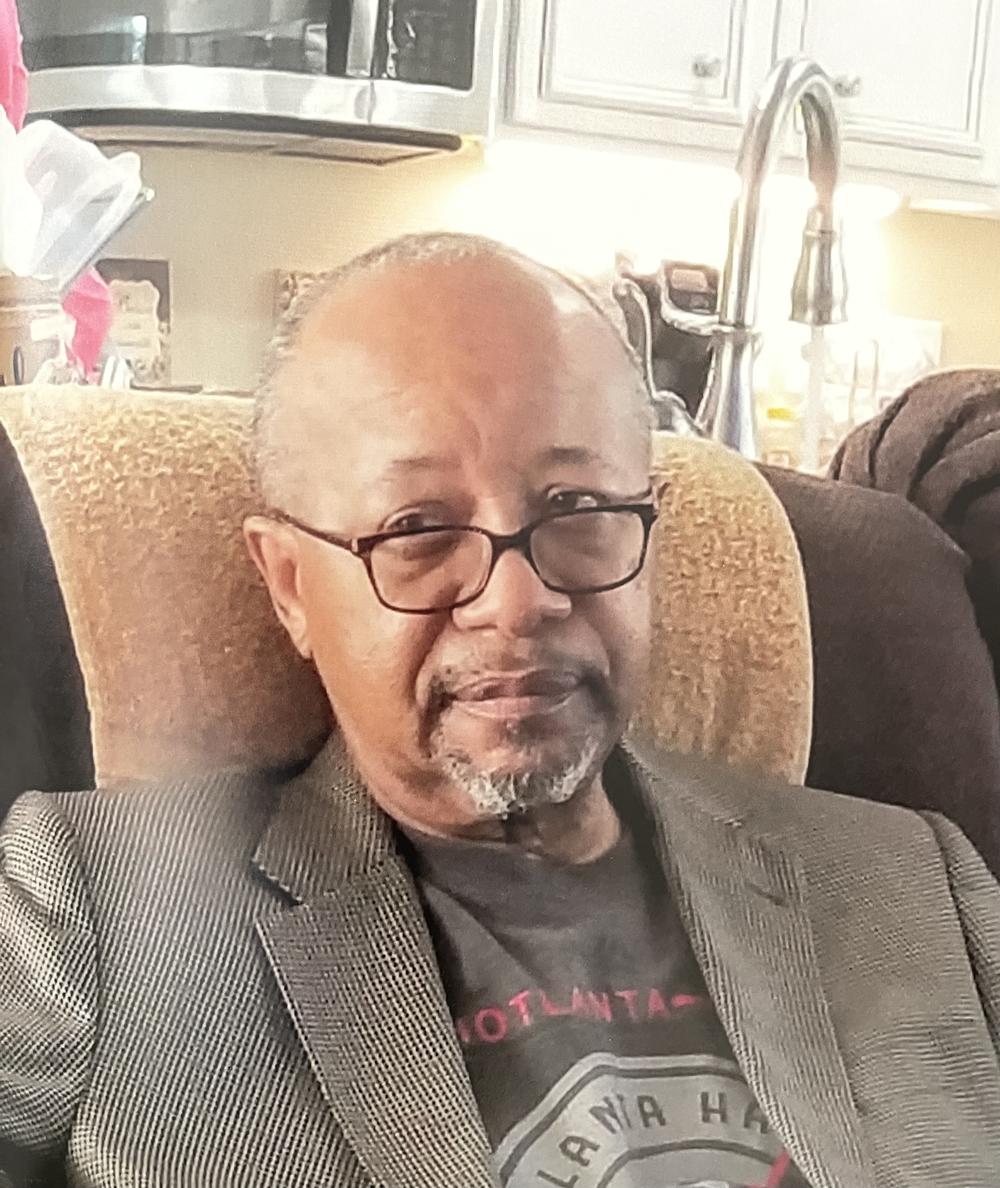
Caption
The Rev. Charles Sherrod came to Albany, Ga. in 1961 and "never, never gave up" the fight for Civil Rights in Southwest Georgia, says a friend who knew him.
Credit: Photo Clennon L. King / Augustine Monica MediaWorks by permission

